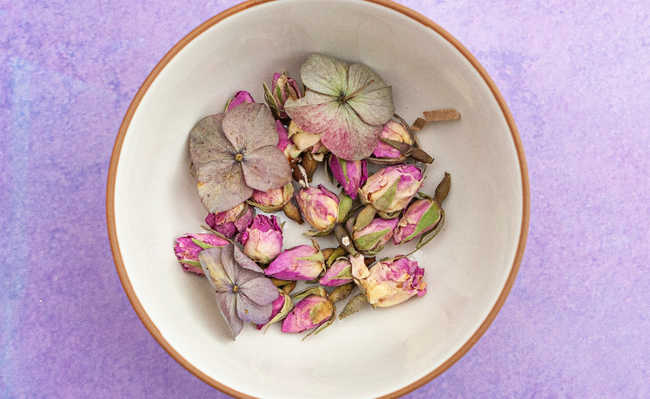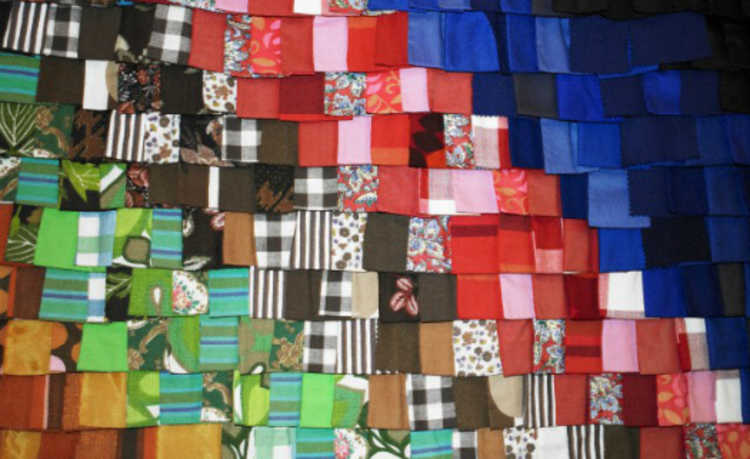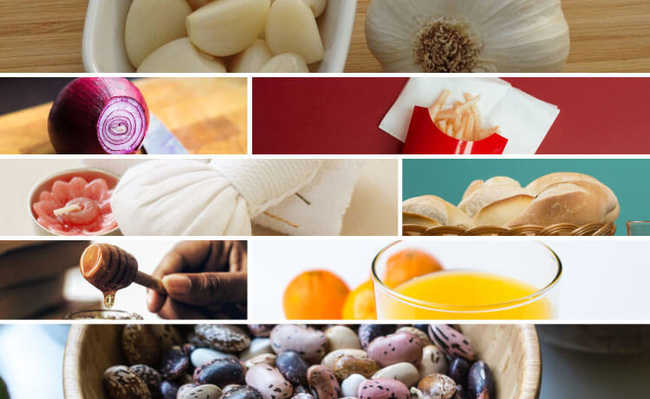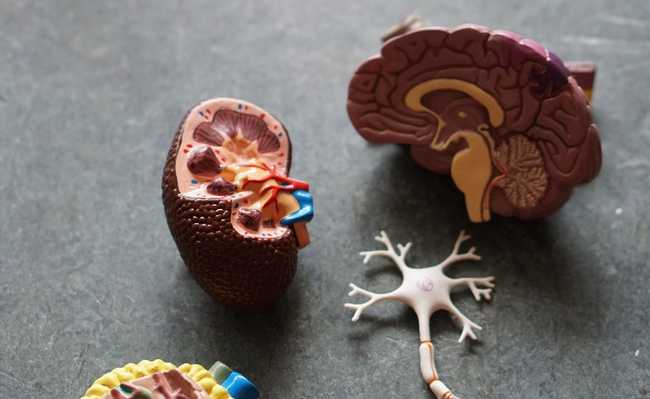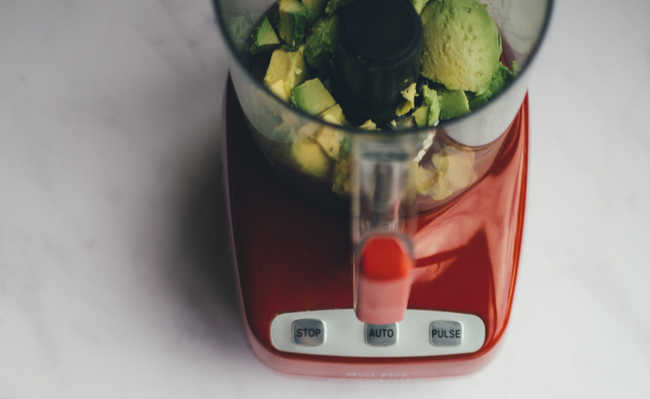Brazilian company develops bactericidal material to apply to plastic packaging and metal items
With the application, shelf life of foods tends to increase
Food waste is one of the most serious issues facing society today. According to data released by the UN in 2012, Brazil wastes 30% of its production, but has 13 million people who are hungry. There is a lack of awareness about reuse, but many poorly preserved foods also end up spoiling due to the actions of bacteria.
The company Nanox, known for manufacturing intelligent materials, has developed a bactericide that can be applied to plastic packaging. After production and testing, the company was awaiting registration in order to commercialize the innovation. And that registration was issued by the Food and Drug Administration (FDA), a US pharmacy regulatory agency.
With this authorization, Nanox, a company created from a research group at FAPESP's Multidisciplinary Center for the Development of Ceramic Materials (CMDC), intends to open a subsidiary in the US and attract investors to expand.
Luiz Gustavo Pagotto Simões, director of Nanox, said that this bactericidal material, which is about to be commercialized, is the latest in a line of inorganic antimicrobials created by them in 2005 and named as NanoxClean.
According to the NanoxClean website, this technology can be applied to the product in three ways: as a spray for pieces in various finishes, as an immersion through dip-coating painting for fabrics, and as a granulate with additives in paints, resins, varnishes and enamels. The way to fight bacteria occurs in three ways: by inhibiting cell division (ie, reproduction), breaking the cell wall and preventing microorganisms from breathing. See the image below that shows how NanoxClean works:

Initially, production was based on nanostructured particles made with silver, which had bactericidal, antimicrobial and self-sterilizing properties. Afterwards, this same material was applied to the metallic surfaces of medical instruments, scalpels, tweezers, hair dryers, paints, resins, ceramics and water purifiers. Two years after the creation of this line, the material was applied to plastics that package and preserve food.
Result
During testing, packages that contained NanoxClean increased the shelf life of the foods they contained. A product that lasted six months had its shelf life for eight or twelve months. The material can be applied to any type of plastic used to store food, from grocery bags to margarine jars.
Even though it is the only Brazilian company that manufactures the product, Nanox faces competition from Japanese industries, the pioneers in this technology, and German industries, which are specialists in silver-based products. But the Brazilian has the advantage of using 10 to 15 times less silver in manufacturing and still manages to maintain the transparency of the plastic.
Aiming at its expansion in the world market, mainly in the North American one, the company that already exports to Mexico, Italy and China, wants to increase its production scale from ten to 100 kilos per day of nanostructured antimicrobial particles.
Check out the video about innovation below:
Source: FAPESP Agency


